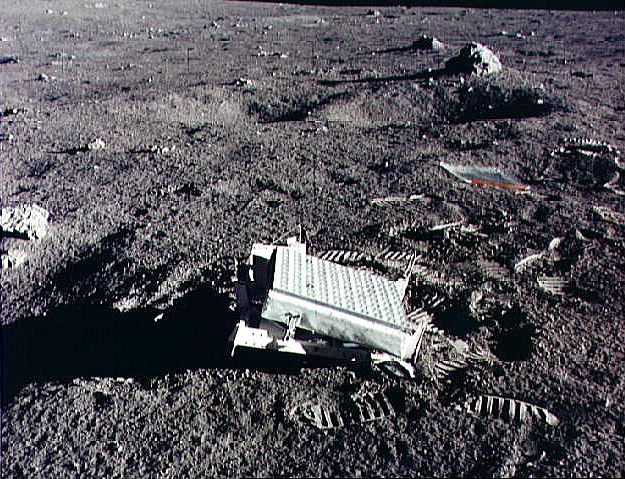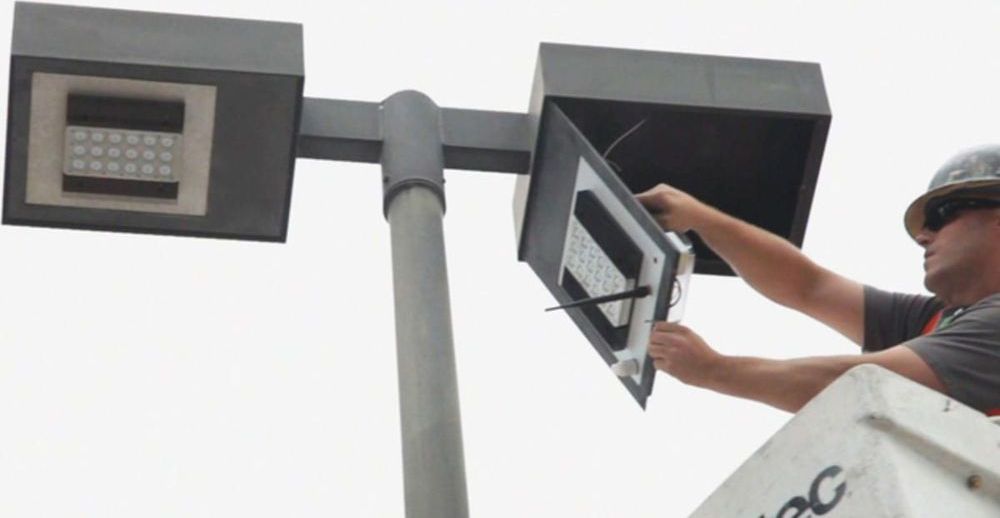American scientist and best-selling #scifi author David Brin predicts what our world would like in the year 2050. Read it on our #Earth2050 platform:
By 2040, the international community has concluded that using nonrenewable resources is irrational. The first kind of asteroid to be mined was of the carbonaceous variety, to get water that can keep astronauts alive, or be used to create rocket fuel. Later, explorers prospected dozens of other varieties of asteroids with suitable iron, nickel, cobalt, platinoid, and rare-earth element deposits. Odyssey is the first ever space base focused on mining these minerals.
The station was launched in 2049. Because of magnetic storms and drastic changes in temperature, the main part of the base had to be built several meters below the asteroid’s surface. Almost all work on the base was automated. Small teams of engineers and technicians needed for station management stay for 6-month shifts. Using solar mirrors, they melt and refine precious metal ores and blow them into gleaming bubbles that can safely descend through Earth’s atmosphere to float in the ocean, for collection. The iron is used for construction in space.
This space project — the Odyssey — is so profitable that on April 22, 2055, Earth Day, the UN’s General Assembly adopts a resolution: to decrease mineral mining on our planet and to transfer some profits made from space to restore and preserve the Earth’s ecology.
The success of the project is based not only on the commercial value of mining but also on scientific advancements. The Odyssey houses laboratories with different specializations. New space discoveries make it possible to create new stations and even cities farther away from Earth.






